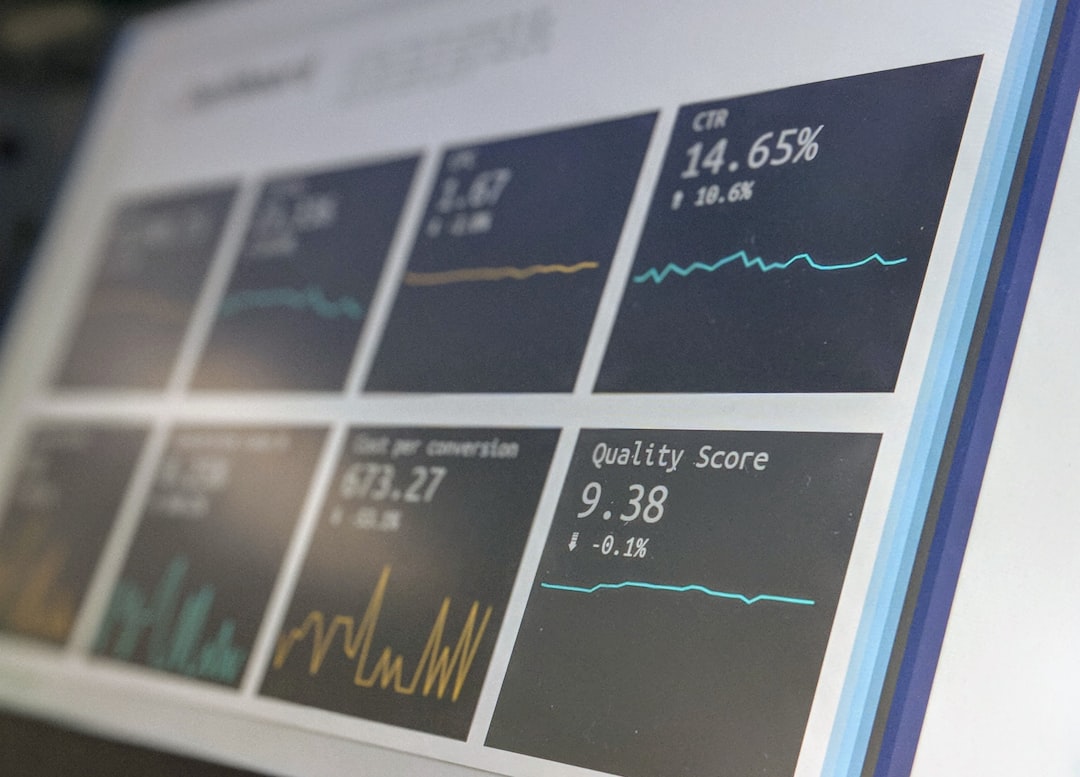
The Future of Data Collaborative Streaming and Tokenization Insights
In the ever-evolving landscape of technology, data collaborative streaming and tokenization stand out as pivotal innovations that will reshape how organizations manage, share, and utilize data. As businesses increasingly prioritize real-time data processing and secure data transactions, understanding these concepts becomes essential for driving innovation and maintaining competitive advantage.
Understanding Data Collaborative Streaming
Data collaborative streaming refers to the real-time sharing of data across multiple platforms, organizations, or stakeholders. This method allows for the seamless exchange of information, which can be crucial for industries such as finance, healthcare, and supply chain management. By harnessing the power of collaborative streaming, organizations can gain insights from diverse data sources, fostering collaboration and enhancing decision-making processes.
Key Benefits of Data Collaborative Streaming
-
Real-Time Insights: With data collaborative streaming, organizations can access up-to-the-minute information, enabling them to respond quickly to market changes and customer needs.
-
Enhanced Collaboration: This approach allows teams across different departments or organizations to work together more efficiently, breaking down silos and promoting a unified strategy.
-
Scalability: As organizations grow, the ability to integrate new data sources without disrupting existing workflows is crucial. Collaborative streaming supports this scalability.
-
Improved Data Quality: By aggregating data from multiple sources, organizations can enhance the accuracy and reliability of their insights, leading to better decision-making.
The Role of Tokenization in Data Security
Tokenization is the process of replacing sensitive data elements with non-sensitive equivalents, known as tokens. This technique is increasingly important in the realm of data security, particularly in industries that handle personally identifiable information (PII) or financial data.
Why Tokenization Matters
-
Data Protection: Tokenization helps organizations protect sensitive data from breaches, as tokens cannot be reverse-engineered to reveal the original data.
-
Regulatory Compliance: Many industries are subject to strict regulations regarding data privacy. Tokenization can help organizations comply with laws such as GDPR and PCI-DSS by minimizing the amount of sensitive data they store.
-
Flexibility: Tokens can be used across different systems and applications, providing a flexible approach to data management.
Emerging Trends in Data Collaborative Streaming and Tokenization
1. Integration with AI and Machine Learning
As artificial intelligence (AI) and machine learning (ML) technologies advance, their integration with data collaborative streaming and tokenization will enhance data analysis capabilities. Organizations can leverage AI algorithms to glean insights from streaming data, while tokenization ensures that sensitive data remains secure throughout the process.
2. Blockchain Technology
Blockchain technology is poised to revolutionize data collaborative streaming and tokenization. By utilizing decentralized ledgers, organizations can ensure the integrity and traceability of data transactions, enhancing trust among stakeholders. This combination can create a secure environment for data sharing and collaboration.
3. Real-Time Analytics
The demand for real-time analytics is growing, driven by the need for immediate insights. Data collaborative streaming enables organizations to analyze data as it is generated, while tokenization protects sensitive information, allowing for secure real-time decision-making.
Case Studies
1. Financial Services
A leading financial institution implemented data collaborative streaming to enhance its risk management strategy. By aggregating real-time data from various market sources, the organization could make informed investment decisions while ensuring compliance through tokenization methods that secured sensitive client information.
2. Healthcare
In the healthcare sector, a hospital network adopted collaborative streaming to improve patient care. By sharing real-time patient data across departments, the network could respond faster to emergencies. Tokenization was employed to protect patient identities, ensuring compliance with healthcare regulations.
Expert Insights
As technology progresses, experts emphasize the importance of adopting data collaborative streaming and tokenization strategies. According to data security expert Dr. Jane Smith, “Organizations that prioritize data collaboration and protection will not only enhance their operational efficiency but also build stronger relationships with their customers.”
Further Reading and Resources
To dive deeper into the future of data collaborative streaming and tokenization, consider exploring the following resources:
- Understanding Data Tokenization: Benefits and Best Practices
- The Impact of Collaborative Streaming on Business Intelligence
- AI and Data Security: The Future of Protection
As organizations continue to navigate the complexities of data management, engaging with these insights can empower them to harness the full potential of collaborative streaming and tokenization.
In conclusion, embracing the future of data collaborative streaming and tokenization is not just an option; it is essential for organizations aiming to thrive in a data-driven world. By understanding and implementing these concepts, businesses can foster innovation, enhance security, and ultimately drive success. Be proactive by sharing this article with your network or subscribing to our newsletter for more valuable insights on technology trends.


